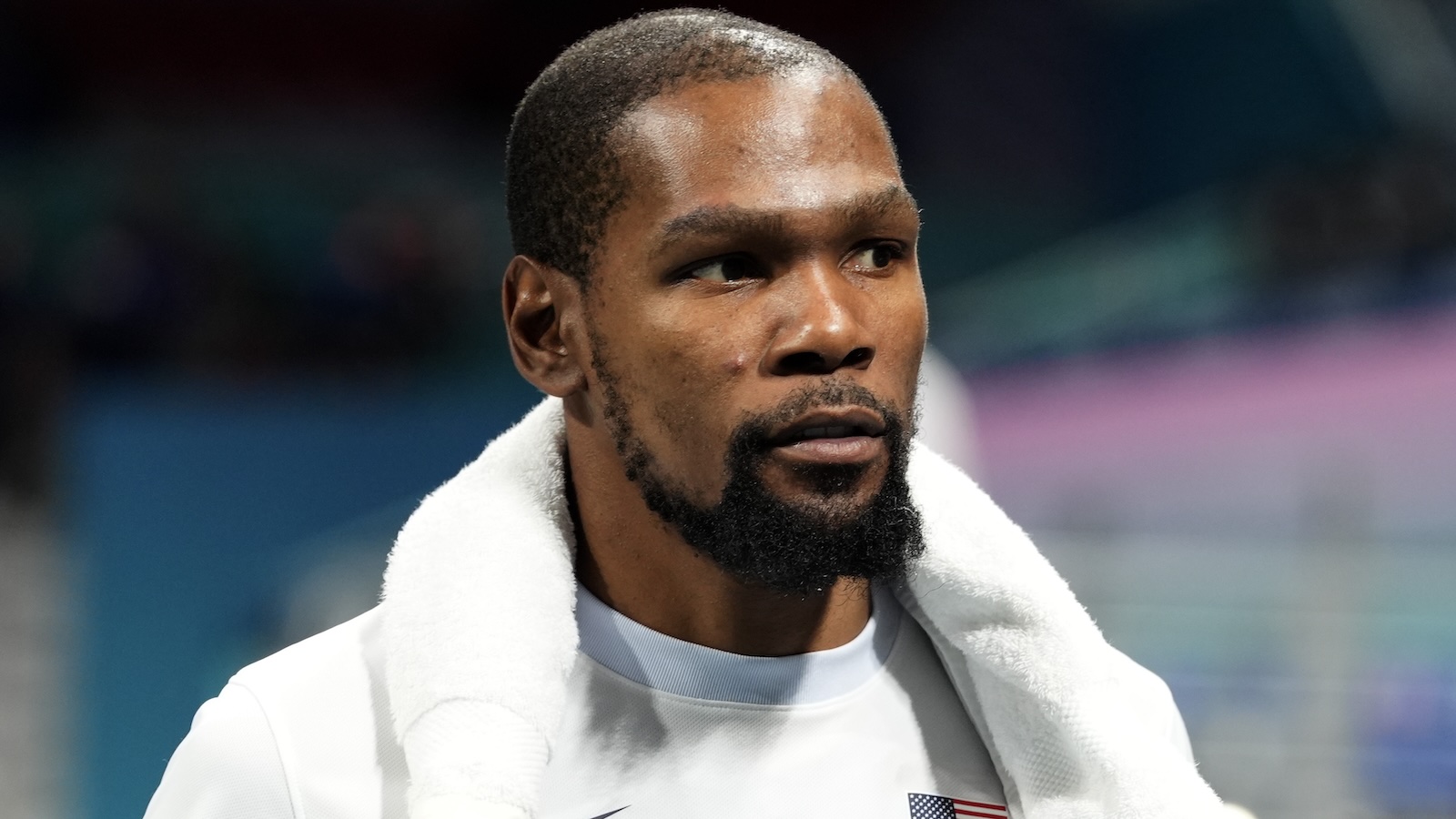Kevin Spacey's House Of Cards Salary: Unraveling The Financial Impact
The name Kevin, derived from the Irish masculine given name Caoimhín, meaning "handsome," is a familiar one across the globe. While many notable figures bear this name, our focus today is on a particular Kevin whose career trajectory and financial standing were dramatically shaped by one of the most groundbreaking television series of its time: Kevin Spacey and his salary from House of Cards. This article delves deep into the lucrative world of his earnings on the show, the unprecedented success of the Netflix political drama, and the dramatic, unforeseen circumstances that ultimately led to his downfall and significant financial repercussions.
The meteoric rise of streaming platforms fundamentally reshaped the entertainment industry, and at the forefront of this revolution was Netflix's House of Cards. As its central figure, Kevin Spacey commanded a significant salary, reflecting his star power and the show's monumental ambition. Understanding the financial dynamics behind his role as Frank Underwood offers a fascinating glimpse into the economics of a hit series and the complex interplay between talent, success, and unforeseen controversies.
Table of Contents
- The Rise of an Icon: Kevin Spacey's Biography
- House of Cards: A Streaming Revolution
- Unpacking Kevin Spacey Salary House of Cards
- The Financial Landscape of Frank Underwood
- The Unforeseen Downfall: Allegations and Termination
- The Aftermath: Financial Repercussions and Career Impact
- House of Cards Without Frank: A Financial Experiment
- The Broader Implications for Hollywood Contracts
The Rise of an Icon: Kevin Spacey's Biography
Before he became the iconic, Machiavellian Frank Underwood, Kevin Spacey had already carved out an illustrious career in Hollywood, earning critical acclaim and two Academy Awards. Born Kevin Spacey Fowler, his journey from a promising stage actor to a revered film star laid the groundwork for the monumental role that would define a significant portion of his public image and financial success. His early work showcased a versatile talent, capable of embodying complex and often morally ambiguous characters, a trait that would later make him perfectly suited for the dark political landscape of House of Cards. His filmography includes unforgettable performances in classics like The Usual Suspects, which earned him his first Oscar for Best Supporting Actor, and American Beauty, for which he won Best Actor. These roles, among many others, established him as a formidable presence, a character actor who could effortlessly transition into leading man status, bringing gravitas and intensity to every project.
- Funny Quotes By Adam Sandler
- O Leary And Sons
- Megan Thee Stallion Leak
- Kevin Mr Wonderful Net Worth
- Nikita Dragun Nude
Personal Data and Early Career Highlights
Here's a snapshot of Kevin Spacey's personal and professional journey leading up to his pivotal role in House of Cards:
| Category | Detail |
|---|---|
| Full Name | Kevin Spacey Fowler |
| Date of Birth | July 26, 1959 |
| Place of Birth | South Orange, New Jersey, U.S. |
| Nationality | American |
| Occupation | Actor, Producer, Director |
| Notable Early Works | The Usual Suspects (1995), Seven (1995), L.A. Confidential (1997), American Beauty (1999) |
| Awards (Pre-HoC) | 2 Academy Awards, 1 Golden Globe, 1 BAFTA Award |
House of Cards: A Streaming Revolution
House of Cards was more than just a television show; it was a watershed moment for the entertainment industry. When Netflix decided to invest heavily in original content, bypassing traditional network and cable models, it took a significant gamble. Their strategy was audacious: greenlight two full seasons upfront, committing to a substantial budget and attracting top-tier talent like Kevin Spacey and director David Fincher. This approach signaled a new era where creative control and binge-watching became paramount. The show's success proved Netflix's model viable, paving the way for countless other streaming originals and fundamentally altering how audiences consumed serialized content. Its critical acclaim and popular appeal cemented Netflix's position as a major player in content creation, not just distribution. The show's intricate plot, high production values, and compelling performances quickly garnered a loyal global audience, making it a flagship series for the nascent streaming giant.
Unpacking Kevin Spacey Salary House of Cards
The financial terms of Kevin Spacey's involvement in House of Cards were a reflection of his star power and Netflix's aggressive push into original programming. While exact figures are often kept confidential, industry reports and expert estimations placed Kevin Spacey's salary for House of Cards at a staggering amount. Sources widely reported that Spacey earned approximately $500,000 per episode for the initial seasons. As the show's popularity soared and his character, Frank Underwood, became a cultural phenomenon, his per-episode fee reportedly increased, potentially reaching upwards of $1 million per episode in later seasons, particularly as he also took on an executive producer role. This placed him among the highest-paid actors in television at the time, rivaling established stars from traditional networks. For comparison, top actors on network shows might earn $250,000 to $500,000 per episode, but Netflix's deep pockets and desire to make a statement allowed them to offer premium rates to secure A-list talent. This substantial investment underscored Netflix's commitment to quality and their belief in Spacey's ability to anchor their flagship series. His compensation package likely included not just his acting fee but also producer credits and potentially a share of backend profits, though the specifics of streaming residuals are notoriously complex and less transparent than traditional broadcast deals.
- Jeff Bridges And Lloyd Bridges
- Dixie Trailer Park
- Jake From Sixteen Candles
- Did Jimmy Buffett Die
- Current Pic Of Brendan Fraser
The Financial Landscape of Frank Underwood
Frank Underwood was the gravitational center of House of Cards, a character whose cunning and ambition drove the entire narrative. Kevin Spacey's portrayal was widely lauded, becoming synonymous with the show's dark, cynical view of power. This centrality justified the immense investment in his salary. Netflix was not just paying for an actor; they were paying for a brand, a recognizable face that would draw subscribers to their nascent streaming service. The show's overall budget was significant, reportedly around $4.5 million per episode in its early seasons, which quickly escalated. A substantial portion of this budget was allocated to talent, with Spacey's salary being a primary component. The return on investment for Netflix was clear: House of Cards became a critical darling, a major awards contender, and a key driver for new subscriptions globally. It transformed Netflix from a DVD rental service into a content powerhouse, and Kevin Spacey was instrumental in this transformation. The financial success of the show, fueled by its subscription model, allowed Netflix to sustain these high salaries and continue attracting top talent, reshaping the industry's compensation standards for premium streaming content.
The Unforeseen Downfall: Allegations and Termination
The impressive financial trajectory of Kevin Spacey's career, particularly his lucrative role on House of Cards, came to an abrupt and catastrophic halt in late 2017. Following a series of sexual assault and harassment allegations, beginning with actor Anthony Rapp's public accusation, a domino effect ensued. The allegations quickly mounted, creating an untenable situation for Netflix and the show's production company, Media Rights Capital (MRC). The swift and decisive response from Netflix was unprecedented. Production on the sixth and final season of House of Cards was immediately suspended, and within days, Netflix announced that Kevin Spacey would no longer be involved with the series. This decision meant cutting ties with their lead actor, a move that carried immense financial and creative risks for a show in its final stages of production. The termination was not merely a public relations move; it had significant contractual and legal ramifications, leading to protracted legal battles over breach of contract and damages. The allegations not only ended his role on House of Cards but effectively brought his mainstream career to a grinding halt, with other projects, including the film All the Money in the World, quickly reshooting his scenes with another actor.
The Aftermath: Financial Repercussions and Career Impact
The fallout from the allegations against Kevin Spacey was devastating, not just for his reputation but for his financial standing. His termination from House of Cards meant the immediate loss of his substantial salary for the final season, which would have amounted to millions of dollars. Beyond that, the long-term financial impact was immense. Future acting roles, endorsement deals, and any potential spin-offs or other projects related to the House of Cards universe vanished overnight. His net worth, once estimated to be in the tens of millions, undoubtedly took a severe hit due to lost income, legal fees, and potential damages awarded in lawsuits. The entertainment industry effectively blacklisted him, making it nearly impossible for him to secure new, high-profile work. This situation serves as a stark reminder of how quickly a successful career, built over decades, can unravel due to severe misconduct allegations, leading to catastrophic financial and professional consequences.
The Cost of Controversy: Legal Battles and Lost Opportunities
The financial repercussions for Kevin Spacey extended beyond just lost earnings. Media Rights Capital (MRC), the production company behind House of Cards, pursued legal action against Spacey for breach of contract. In 2020, an arbitrator ruled in favor of MRC, ordering Spacey to pay approximately $31 million in damages for lost revenue and expenses incurred due to his termination. This substantial sum covered the costs of rewriting and reshooting the final season without him, as well as the revenue MRC lost from Netflix due to the altered production. This legal battle underscored the severe financial liability that can arise from contractual breaches related to personal conduct, particularly for high-profile talent. The arbitration award was a monumental financial blow, solidifying the economic devastation of his downfall. Furthermore, the loss of future opportunities, including potential film roles, directorial projects, and stage work, represents an incalculable sum of lost income that would have otherwise sustained his career for years to come.
House of Cards Without Frank: A Financial Experiment
The decision to continue House of Cards for a final season without its central character, Frank Underwood, was a bold and financially risky move by Netflix and MRC. The narrative was quickly re-centered on Robin Wright's character, Claire Underwood, who ascended to the presidency. This required significant script rewrites and production adjustments, all while facing intense public scrutiny. While Robin Wright's performance was widely praised, and she reportedly received a significant pay increase to reflect her new lead status (reportedly matching or even exceeding Kevin Spacey's salary in earlier seasons), the show's final season faced an uphill battle. Viewer numbers reportedly declined, and critical reception was mixed compared to previous seasons. This financial experiment demonstrated the inherent risks of building a show so heavily around one star. While Netflix managed to deliver a conclusion, the absence of Spacey's character undoubtedly impacted the show's overall appeal and, consequently, its financial performance in its final run, serving as a cautionary tale about talent dependency.
Robin Wright's Elevated Role and Compensation
Robin Wright, who played Claire Underwood, had long been a pivotal part of House of Cards, earning critical acclaim and an Emmy for her performance. Before Spacey's departure, she had already advocated for equal pay, arguing that her character was as integral to the show's success as Frank. With Spacey's termination, her role expanded dramatically, becoming the undisputed lead. This shift was accompanied by a significant increase in her compensation. While specific figures are not publicly confirmed, reports suggested that her salary for the final season was elevated to reflect her new status, potentially reaching or even surpassing the figures Spacey commanded in earlier seasons. This move was not only a financial necessity to retain a beloved and talented star but also a powerful statement about gender pay equity in Hollywood, albeit under very unusual and unfortunate circumstances. Wright's elevated salary and creative control (she also directed the series finale) were a testament to her enduring value to the production and her ability to carry the show forward.
The Broader Implications for Hollywood Contracts
The Kevin Spacey saga and its profound financial repercussions sent shockwaves through Hollywood, prompting a re-evaluation of talent contracts and the inclusion of "morality clauses." While such clauses have existed for decades, often tied to public figures and endorsements, the Spacey case, alongside other #MeToo-era revelations, brought them sharply into focus for actors and creative talent. Studios and production companies became more vigilant in drafting agreements that explicitly outlined consequences for misconduct, particularly those that could damage a project's reputation or financial viability. The industry recognized the immense financial risk associated with a lead actor's sudden departure due to scandal. This shift aimed to protect productions from similar financial losses and reputational damage. The case highlighted the importance of robust legal frameworks that can hold talent accountable for their actions, especially when their personal conduct directly impacts a multi-million dollar production. The precedent set by the MRC arbitration against Spacey serves as a stark warning to other high-earning individuals in the entertainment industry regarding the financial liabilities of their behavior.
Setting Precedents: Morality Clauses and Talent Agreements
The termination of Kevin Spacey from House of Cards and the subsequent legal battles have undoubtedly influenced how morality clauses are structured and enforced in talent agreements across Hollywood. These clauses, often referred to as "bad behavior" clauses, allow studios to terminate contracts and seek damages if an individual's conduct brings disrepute to the project or company. The Spacey case demonstrated that these clauses are not merely boilerplate language but can be vigorously enforced, leading to substantial financial penalties. Legal teams are now scrutinizing these clauses more closely, making them more explicit and comprehensive to cover a wider range of potential misconduct, both on and off set. The industry's heightened awareness of reputation risk and financial exposure means that future contracts for high-profile actors will likely include even stricter provisions, ensuring that talent is not only compensated for their performance but also held accountable for maintaining a professional and ethical standard that protects the integrity and commercial success of the productions they are part of. This shift reflects a broader cultural change, where accountability for personal conduct has become paramount, even for the most celebrated figures in entertainment.
Conclusion
The story of Kevin Spacey's salary on House of Cards is a microcosm of Hollywood's evolving landscape, reflecting both the immense financial rewards of a groundbreaking streaming hit and the severe consequences of personal misconduct. From commanding one of the highest salaries in television to facing multi-million dollar lawsuits and career devastation, Spacey's journey with the show serves as a powerful cautionary tale. It underscores the fragility of even the most established careers when personal actions intersect with professional responsibilities in a public and damaging way. The saga of House of Cards without its lead actor also highlighted the resilience of a production company and streaming service in navigating unprecedented challenges, ultimately leading to significant shifts in how talent contracts are structured and how risk is managed in the entertainment industry. The financial and professional trajectory of Kevin Spacey, once at the pinnacle of his craft, stands as a stark reminder that even immense talent and success are not immune to the profound and lasting impact of accountability.
What are your thoughts on the financial implications of such high-profile terminations in Hollywood? Share your perspective in the comments below. If you found this analysis insightful, consider sharing it with others who might be interested in the business of entertainment or exploring more articles on our site about the intersection of celebrity, finance, and industry trends.

Jewish slugger Kevin Youkilis on Hall of Fame ballot - Jewish

Kevin Youkilis Batting

Kevin Durant roasts fan after Team USA wins gold